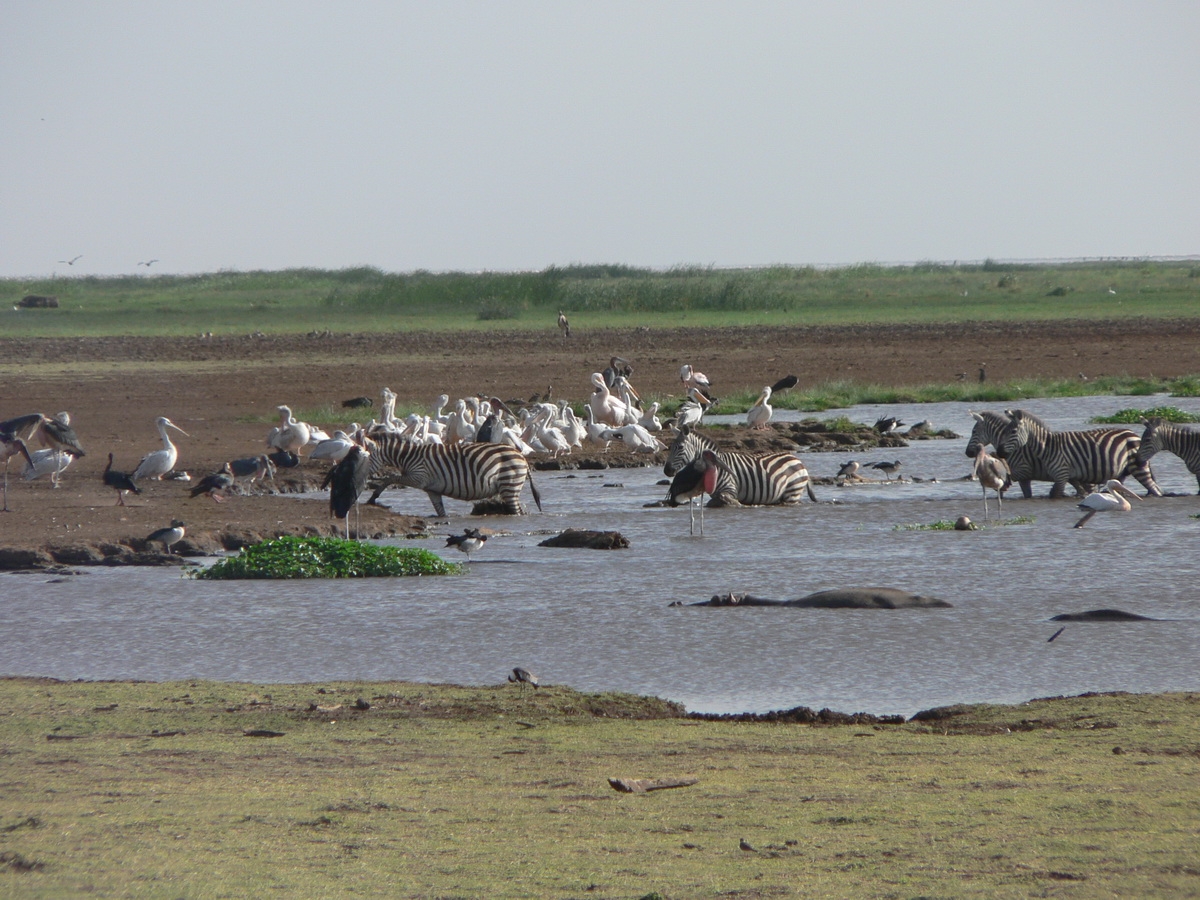Saadani is where the beach meets the bush. The only wildlife sanctuary in East Africa to boast an Indian Ocean beachfront, it possesses all the attributes that make Tanzania’s tropical coastline and islands so popular with European sun-worshippers. Yet it is also the one place where…
Park summary
-
Protected Area Type
National Park
-
Size
1,062 sq km (415 sq miles)
-
When to Go
Accessible year round, The best season to visit is June – September
-
Distances
Distance from Dar es Salaam: 200 km (124 miles)
Descriptions
Saadani is where the beach meets the bush. The only wildlife sanctuary in East Africa to boast an Indian Ocean beachfront, it possesses all the attributes that make Tanzania’s tropical coastline and islands so popular with European sun-worshippers. Yet it is also the one place where those idle hours of sunbathing might be interrupted by an elephant strolling past, or a lion coming to drink at the nearby waterhole!
Protected as a game reserve since the 1960s, in 2002 it was expanded to cover twice its former area. The reserve suffered greatly from poaching prior to the late 1990s, but recent years have seen a marked turnaround, due to a concerted clampdown on poachers, based on integrating adjacent villages into the conservation drive.
Today, a surprisingly wide range of grazers and primates is seen on game drives and walks, among them giraffe, buffalo, warthog, common waterbuck, reedbuck, hartebeest, wildebeest, red duiker, greater kudu, eland, sable antelope, yellow baboon and vervet monkey.
Herds of up to 30 elephants are encountered with increasing frequency, and several lion prides are resident, together with leopard, spotted hyena and black-backed jackal. Boat trips on the mangrove-lined Wami River come with a high chance of sighting hippos, crocodiles and a selection of marine and riverine birds, including the mangrove kingfisher and lesser flamingo, while the beaches form one of the last major green turtle breeding sites on mainland Tanzania.
Visit Saadani fishing village, which lies within the reserve, where a collection of ruins pays testament to its 19th century heyday as a major trading port.
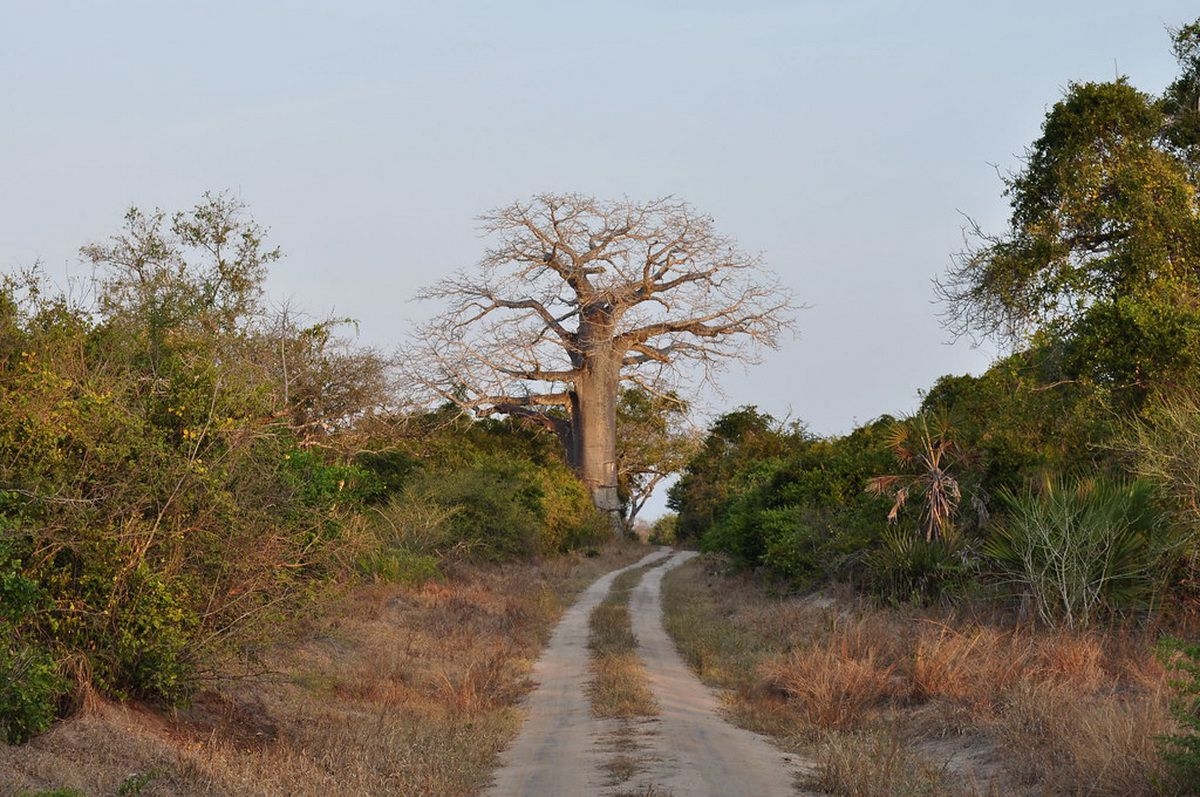
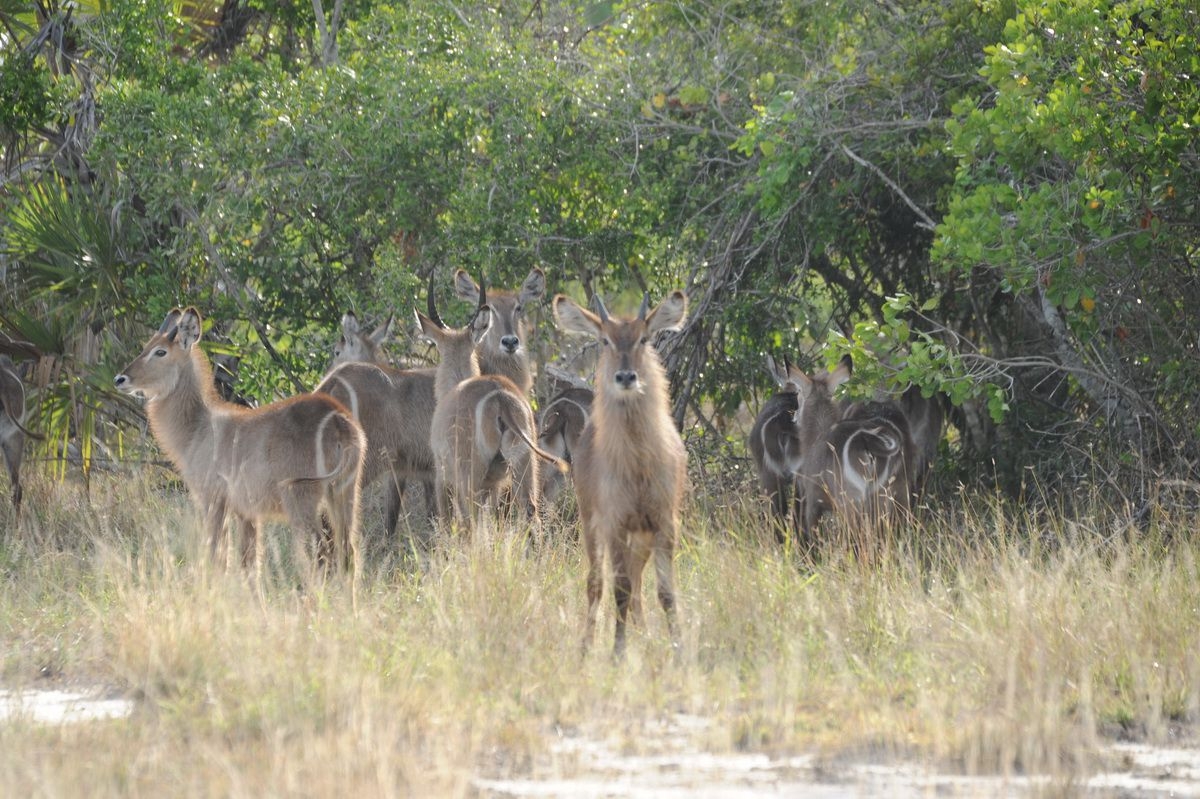
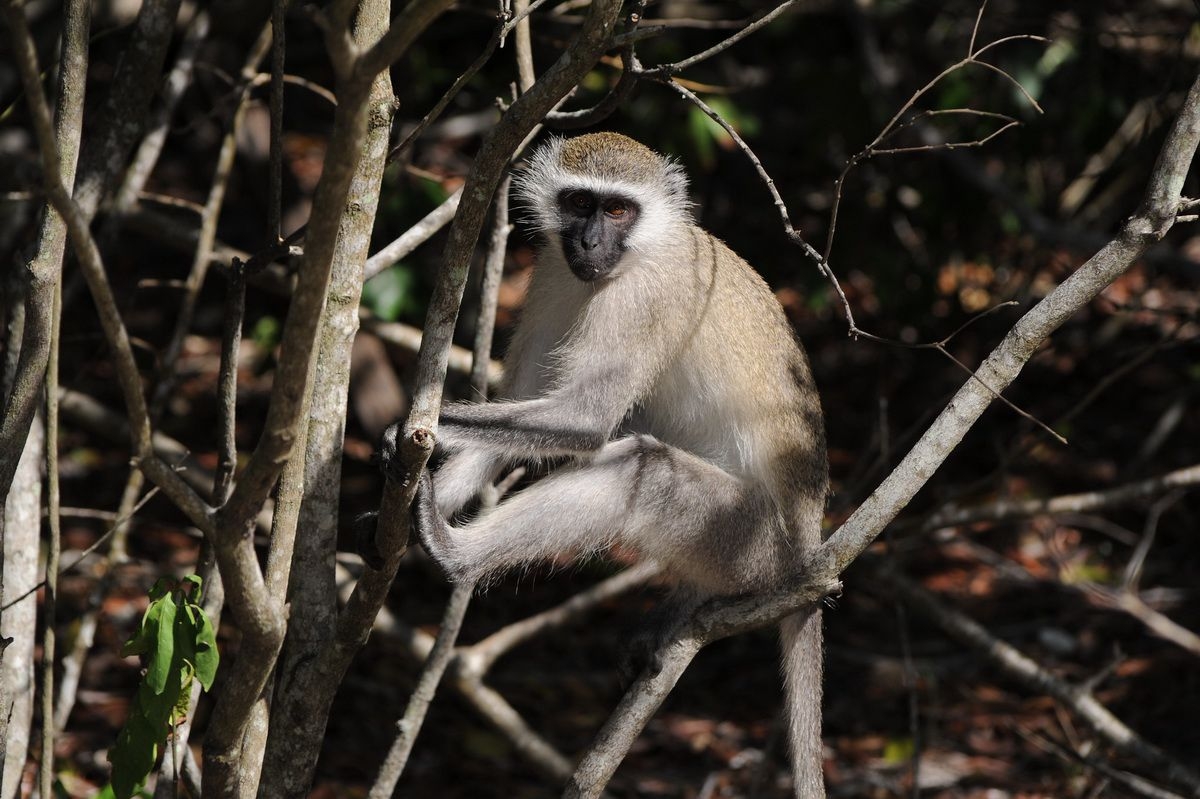
_1200_800.jpg)
_1200_800.jpg)

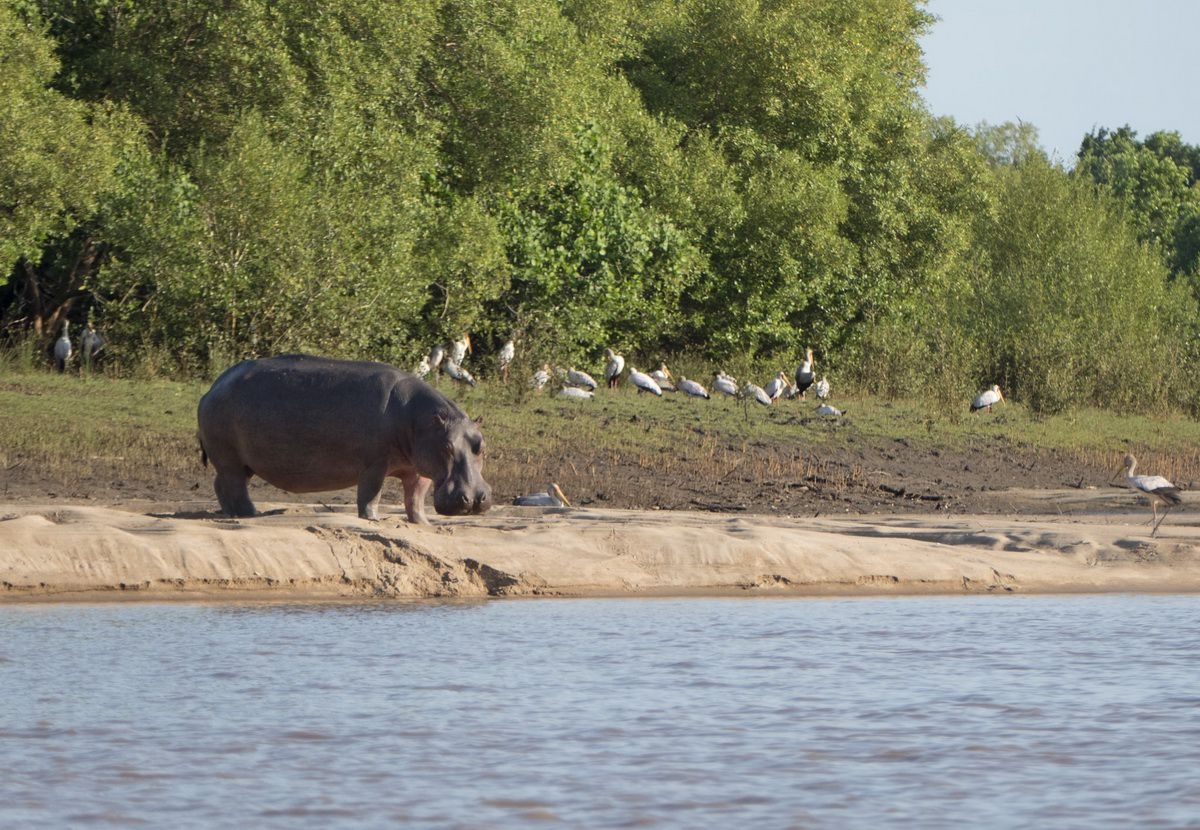
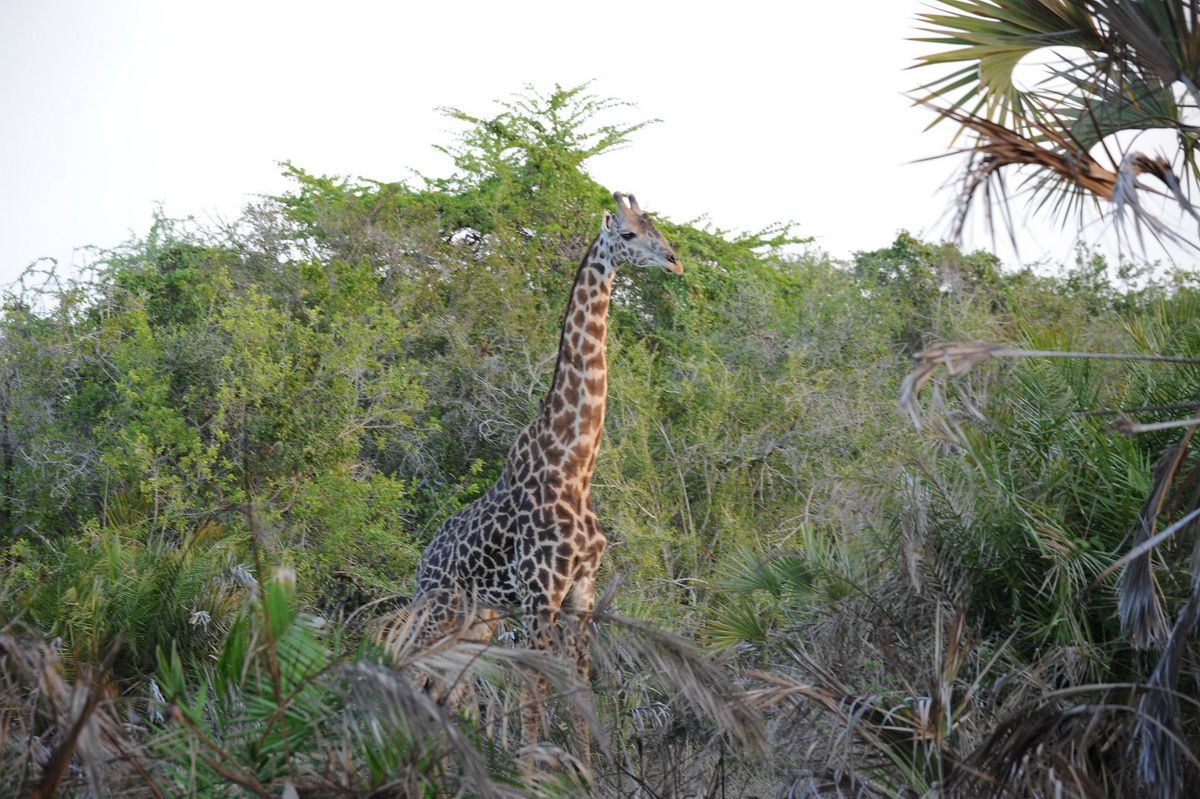
_in_Serengeti_National_Park_1200_900.jpg)
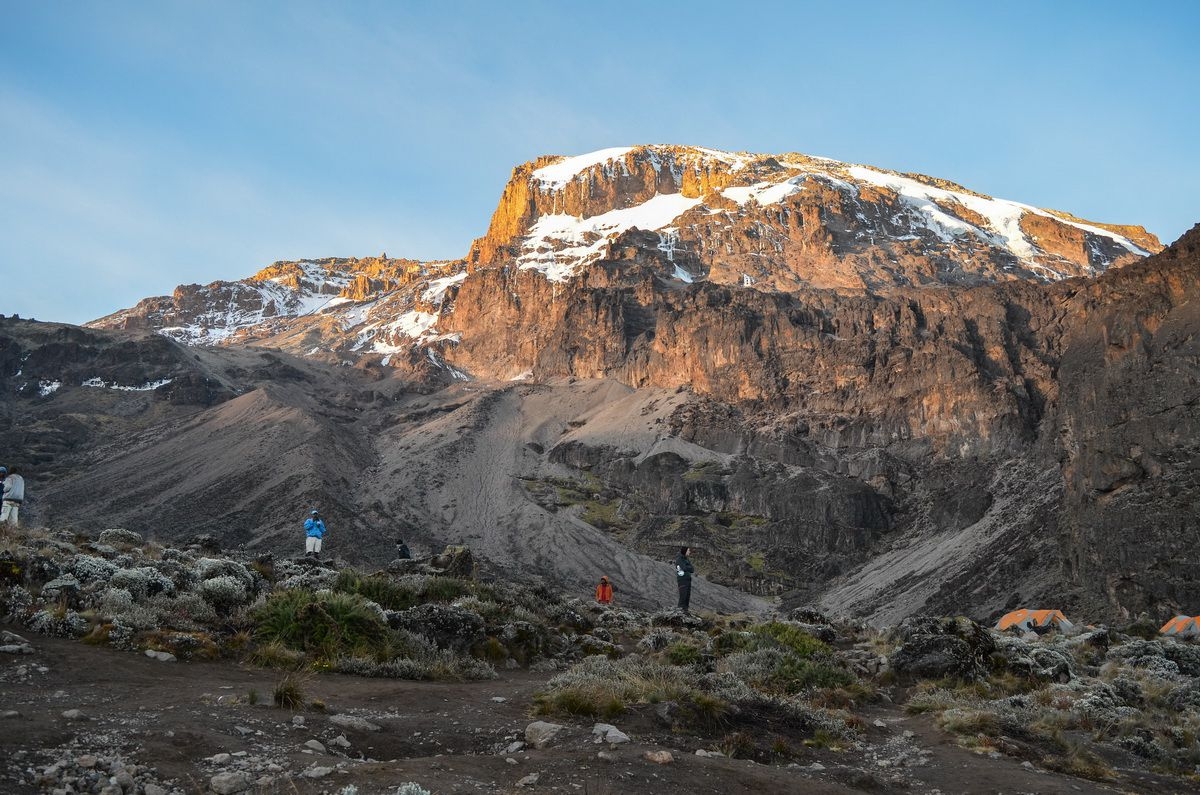
_1200_800.jpg)
